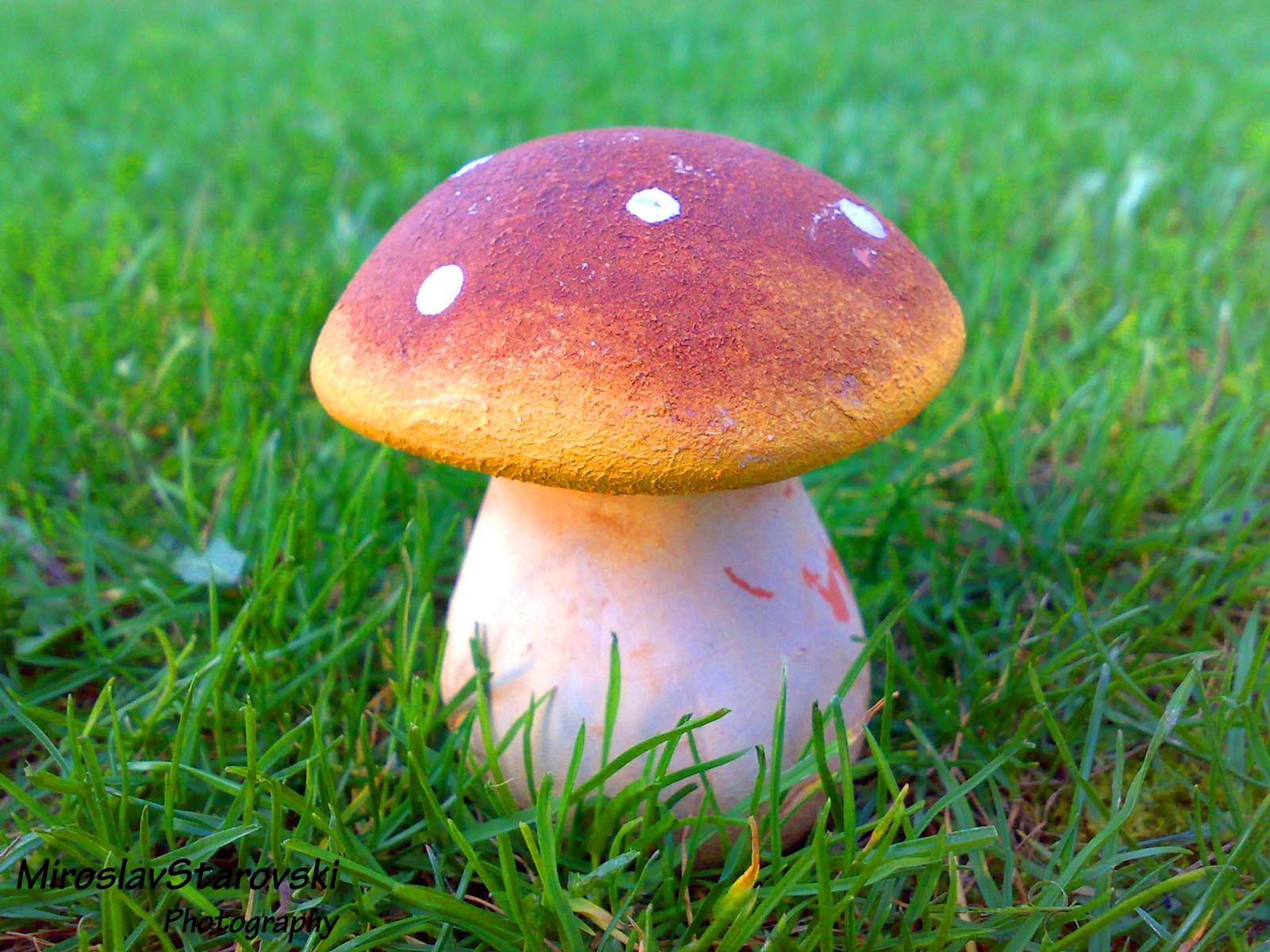Tell me about that one ingredient, that when discovered, it opened your mind to a whole new world of flavor possibilities!
For me, the first to come to mind is Worcestershire sauce. I’m talking about way back in my youth. It was my first introduction to what we now call umami. When I noticed my mom put it in her meatloaf I began experimenting. At the time I was just blown away by how much it changed things. I even used to put it in my Top Ramen I was so obsessed lol. More recently, dukkah. Trader Joe’s is correct when they say to take bread, dip it in olive oil, and then dukkah. So tasty!!
What about you?
deleted by creator
It’s always been MSG! Adds a little extra to everything!
I think this is what I came here to say, too! Bags of MSG are soooo cheap, I have a tiny jar of it next to my oven and it’s so satisfying and so much fun to taste what you’re cooking before and after adding a sprinkle of MSG. Amazing difference!
I’ve learnt to add umami in lots of other ways, but for some recipes, msg really is a good hit.
MSG is really important in my cooking, too. It really adds a nice flavor to any vegetable dish. I use it for so many things, even when a recipe doesn’t call for it and especially for when a recipe doesn’t call for it. I always laugh at myself when I use MSG to season my spaghetti sauce because tomatoes have some MSG in them already. But they need more MSG, you know? They need so much more that on top of the MSG I also use Worcestershire sauce.
My favorite MSG sources are the Zatarans Blackened Seasoning and No-chicken bouillon.
Vinegar. Adding vinegar to things can brighten them up or, depending on quantity, give something a sour flavor that is needed sometimes. I experiment with all kinds of vinegar. I even use the brine from my jar of spicy pickled vegetables in my cooking or to make a salad dressing. I also like to swap it with lemon juice to see what happens. For example, I have learned that I prefer lemon juice rather than vinegar in my alioli mayonnaise I make (probably not original, but I figured it out on my own). Going in the other direction, I prefer vinegar over lemon juice for making tartar sauce. I think my vinegar discovery started when I was a little kid. In my home town, famous for its fishing, lobster trapping, and clamming, you’ll find malt vinegar on the table at any restaurant. We use it on french fries and fried fish as a condiment. When I was a small child, I dipped my french fries in ketchup, splashed them with malt vinegar, and squeezed lemon juice on them. So, I think french fries are pretty much the vehicle to my discovery of ingredients. In turn, I have a tendency of turning condiments into ingredients I think I will dip french fries in just about anything on hand, at least once or twice.
Same here, I’ve been making vinaigrettes for everything. Not just vegetable and pasta salads, but meats and roasted vegetables as well. I’m also falling into fermentation fast and hard. I just started with a variety of fermented cucumbers, and am already planning to ferment beets, turnips, peppers, tomatoes, and cabbage this season. I’ve also been wanting to make some vinegars, I think I’ll start with choke cherry and raspberry this year.
I think I’ll also make some fermented sauces. I’m thinking a fermented tomato ketchup, and a couple sriracha style pepper sauces, with different types of pepper.
Next spring, I’m already planning both fermented asparagus and strawberries.
I don’t ferment anything, but it’s something I’ll think about trying.
It’s a rabbit hole, let me tell you! Just learning about different approaches to salt concentration is kind of nuts. Then all the different container styles - ceramic crocks, different styles of mason jar crocks. The use of tannins to keep some vegetables crisp.
I am into it. I made my own Limoncello once. It was a wonderful beverage, but yeah, the constant vigilance. The container selection. Made me crazy!
Maybe it’s my autism, but I’m feeling like the obsession is right up my alley. But I’ve long felt like I’m wasting my life on work, and just want to play in the garden and kitchen all day.
You like it. It has nothing to do with your autism. I mean, I have a thing for pickling, and it’s really specific. I like to make hot pickled veggies. I have a huge jar, and it’s for one thing: my hot pickled veggies. I have patience for that endeavor, because when I make them, I make them, in the fridge. When they’re pickled, I use them on everything. It goes with my thing for vinegar. When it comes to fermented things, I prefer to buy them already fermented, mostly because I don’t trust myself to ferment at home. I think it is fantastic that you have that kind of attention to detail that fermenting has at home. I’m willing to bet your fermented stuff is amazing. I love fermented ketchup, for example, and I buy it already made and cherish it. I would love to make it on my own, but I don’t feel confident about doing it. It’s what I’d call my limit in the kitchen. You could probably convince me it’s not so bad. The closest I’ve gotten to fermentation and successful is friendship bread starter and sourdough bread starter. I can handle that, because it’s something you put in the fridge. Do you see what I mean? I’m all about food safety and all that, so I’m cautious. I ought to be more brave like you and just go all out on fermenting things at home, because I think I’d evolve.
It’s basically the same for me! I’d say anchovies/fish sauce in general. My first introduction was through Thai fish sauce, which I grew up with and learned how to use in Thai cooking. Then, I started cooking with anchovies in oil and Worcestershire sauce in what I viewed as their respective cuisines. At some point I understood the similar role these ingredients played in providing the umami element needed to complete a dish, and that made me feel more confident using them in a wider variety of foods and “across” cuisines as needed. Used in the appropriate amount, they won’t overpower a dish or turn it fishy; a little bit provides so much flavor!
Better Than Bouillon.
Such a handy tool. When I was experimenting with intermittent fasting, I would use a small portion of that with hot water to be a “lunch”. Worked very well!
Oh good idea!
Better Than Bullion is some high quality stuff, but any bullion is great to have on hand. It’s hard to beat a fresh stock if time and resources permit, but I’ve just about entirely switched to using bullion derivatives instead of stock cans or cartons for lower effort meals. The stuff keeps for ages and is practically impossible to waste. Sometimes I used to have incomplete stock cartons and wouldn’t use them in time. That’s a non-issue when I’m making stock as I go with something like BTB or Knorr.
Anchovies! If you’re only using anchovies for pizza and putanesca you’re missing out on so much! Pop one or two of them in your tomato sauce right around when you fry the garlic before adding the tomatoes. It won’t make them taste fishy but it will give it that extra something. Smush them and put them in your glaze! In your dressing!
Also less a single ingredient and more a mindset - booze. You need to use more booze in your cooking. I don’t just mean “use more wine”, I also mean different types too. Sake in your teriyaki, beer in your beef stew, cider in your pie filling, brandy in your stroganoff, kirch in your (sweet) pie, use it! Istg so many recipes I see online omit the booze or call it optional and it hurts me so much.
Also if you don’t have anchovies, you can punch up a sauce in much the same way with fish sauce. Its probably not identical to using actual anchovies but it’s much easier to keep in a pantry.
I mean I guess a bottle of fish sauce is technically easier to store than a jar of oil and fish but imo that’s a little silly
Also kinda different flavour profiles
Colatura di Alicci is anchovy sauce. Garum is also anchovy-based for the existing commervial versions.
Smoked Paprika! Gives anything a quick/easy smoky flavor, with just a touch of heat (not like cayenne pepper). It’s works with just about anything.
Chicken. Perhaps it is less the ingredient in this case than the techniques associated.
It’s not that I didn’t each chicken, but learning to roast a whole chicken was the gateway to real day-to-day cooking for me. I’d roast a chicken on the weekend, make sandwiches or salad with leftovers, make broth with the carcass, make soup or pot pie or gravy with broth and other leftovers, etc. Before cooking was something that seemed like a special occasion but now I had something that sort of begot more food naturally.
If I had to pick a single ingredient, probably cumin or curry spice if I can be allowed to cheat. So many dishes to add that to.
Butterflied roast chicken was the single recipe from Salt, Fat, Acid, Heat that really nailed home so many of the lessons for me - especially about seasoning your meat overnight! Amazing what a difference it makes - one of my fave easy cooks now!
I’ve been getting into a recipe book lately that regularly suggests using the zest of a lemon/lime as well as just the juice. I can’t believe I used to throw it away! It adds a slight bitter counterbalance as well as some nice floral notes to whatever I’m preparing.
Since the classics have been mentioned already (vinegar, MSG), I’ll go with tofu. It’s like a blank sheet of paper, ready for your creativity. There’s no form of cooking or kind of food that tofu doesn’t fit into. You could have crunchy tofu cubes, but you can go sweet with silken tofu. Or make a creamy sauce with way less fat. Or honestly just be lazy and crumble in raw tofu into whatever your cooking to add easy protein.
Schezuan peppercorns. I’ve had the same packet for years because it takes so little to add a very unique, peppery numbness to any Asian dish. Literally grind up a pinch in a mortar and pestle with some msg and put it in any Asian cuisine to elevate all the other flavors dramatically
On a related note: pixian doubanjiang. It’s a spicy bean paste and a key ingredient in several well-known Sichuan dishes: hot pot, spicy poached fish, mapo tofu, ants climbing trees, etc
5 spice.
That and brining poultry. A salt/sugar solution will do amazing things
Chicken broth. I started buying the cheap bone in chicken at the grocery store. Toss the leftover bones/fat/tendons into a crock pot and toss in the vegetable bits you would have thrown away otherwise. Cook it on slow cook while you’re asleep and strain it in the morning. Now you have liquid flavour to add to rice, sauces, soups, etc., and it’s full of vitamins, too
A couple of my local groceries sell packed chicken feet, and I absolutely love them for stocks. They’re packed with gelatin and I end up with silky stocks that look like Jello in the fridge. Store rotisserie chickens are also great for stocks in my experience. I get a meal or few out of most of the meat, then you chuck the rest in a pot to turn into stock.
I think at least one of my local groceries also used to sell ox tail. Great for beef stock, but I think it got expensive after it became a trendy cut for some reason. I don’t remember how that happened, I guess people got in the know 🤔.
Not sure why it became trendy, but ox tail pho is some of the best food i’ve ever tried
Fresh lemon juice / zest. Just wow.
And in conjunction with that, though not an ingredient: microplane. Great for zest, hard cheese, (Frozen) ginger,…
Balsamic condiment. I hadn’t realized just how much I was missing out on with more diluted balsamic vinegars. It’s a completely different experience, which is great because balsamic vinegar still has its place in my heart for things like salad dressings. I couldn’t even comprehend the balsamic + vanilla ice cream people until I’d splurged (slightly) on a mid grade balsamic condiment.
Ghost pepper flakes, finally I can make things properly spicy without using a ton of really expensive hot sauce.
These are easy to make too. I made a ghost pepper red sauce I dehydrated and pulverized to add a spicy salsa flake to any dish.
How did you go about dehydrating it?
Sorry for the delayed response. I spread the “Soup” (for a lack of better word) thinly on a baking sheet lined with wax paper. And place the sheets in the oven on a low heat for about 20 minutes








